Anti-inflammatories
Anti Inflammatory For Animals
-
-
CorticosteroidsA common anti-inflammatory for dogs and cats, but can suppress the immune response and increase the risk of infections
-
NSAIDsCommonly used to treat pain, fever, and inflammation in animals. Some examples include:
-
- Carprofen (Rimadyl): A common first-choice NSAID
- Carprofen (Rimadyl): A common first-choice NSAID
-
- Meloxicam (Metacam): Used to treat pain, inflammation, and fever in dogs and cats, and for osteoarthritis
- Deracoxib (Deramaxx): An NSAID
- Firocoxib (Previcox): An NSAID
- Robenacoxib (Onsior): An NSAID
- Grapiprant (Galliprant): An NSAID
-
-
- Acetylsalicylic acid (Aspirin): An NSAID that can also reduce fever and control pain, but can be fatal or cause ulcers in pets
- Acetylsalicylic acid (Aspirin): An NSAID that can also reduce fever and control pain, but can be fatal or cause ulcers in pets
-
CBD oilA natural anti-inflammatory that can help treat inflammatory pain in dogs. It’s not psychoactive, but you should still check with your vet about dosage and side effects.
- Librela is a monthly injection that can help control pain from osteoarthritis in dogs.
Veterinary nonsteroidal anti-inflammatory drugs (NSAIDs)
Veterinary nonsteroidal anti-inflammatory drugs (NSAIDs) are commonly used to control fever, pain, and other signs of inflammation in animals. Inflammation is the body’s response to irritation or injury and results in redness, warmth, swelling, and pain in the inflamed area. NSAIDs reduce these signs by affecting the production or function of certain substances, mainly prostaglandins, that are made by the body and involved in inflammation.
Veterinary NSAIDs are approved for various uses in companion animals (dogs, cats, and horses) and in two food-producing species (cattle and pigs):
All approved veterinary NSAIDs are only available by prescription. A veterinarian’s expertise is required to determine if an NSAID is appropriate for the animal and to monitor the animal’s health while taking the drug.
Due to their pain-relieving, fever-reducing, and anti-inflammatory properties, NSAIDs have many benefits for animals and can lead to improved quality of life, but they can cause side effects. As a group, NSAIDs may affect the kidneys, liver, and stomach and intestines. Veterinary NSAIDs have not been studied in dogs, cats, horses, and pigs that are pregnant, nursing, or intended for breeding.
Some Reported Side Effects of Veterinary NSAIDs
Dogs and Cats
- Vomiting
- Diarrhea
- Not eating or eating less
- Being less active
- Ulcers in the stomach and intestine
Horses
- Colic
- Diarrhea
- Not eating or eating less
- Ulcers in the stomach and mouth
Cattle
- Diarrhea
- Eating less
- Ulcers in the abomasum (the fourth and final stomach compartment in ruminants)
- Effects to the reproductive cycle, labor, and post-partum period (the period of time right after an animal gives birth)
Showing 1–16 of 98 results
-
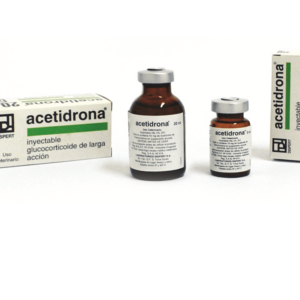
Acetidrona 20ml
$40.00 Add to cart -
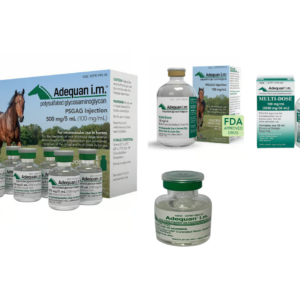
Adequan For Horses
$54.00 – $450.00 Select options -
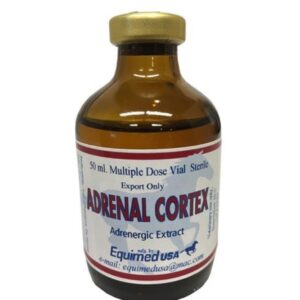
Adrenal Cortex 50ml
$48.00 Add to cart -
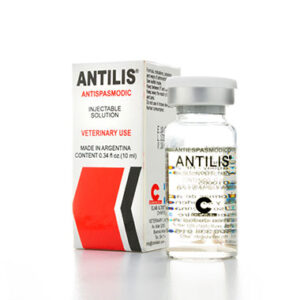
Antilis 10ml
$48.00 Add to cart -
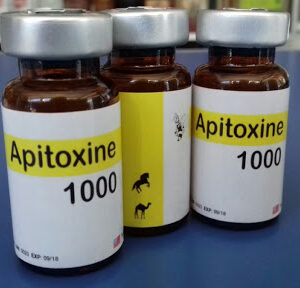
Apitoxine 1000 5ml
$96.00 Add to cart -
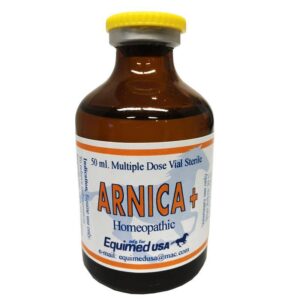
Arnica+ 50ml
$45.00 Add to cart -

Artralgin Dexa 100ml
$42.00 Add to cart -

Artrocal Hampton 5ml
$62.00 Add to cart -
Sale!
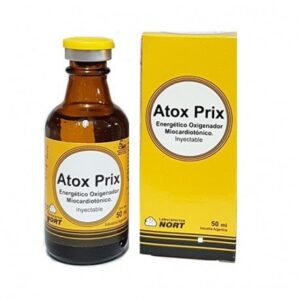
Atox Prix 50ml
$40.00 Add to cart -

Azium 50ml
$50.00 Add to cart -
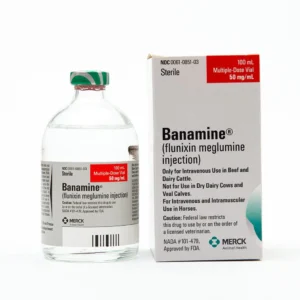
Banamine 100ml
$35.00 Add to cart -
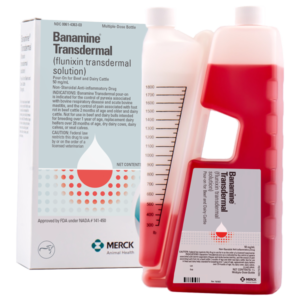
Banamine Transdermal
$40.00 – $310.00 Select options -
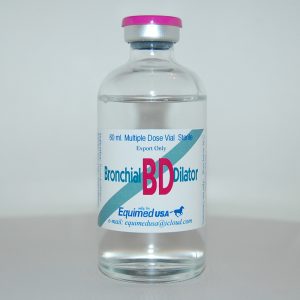
BD Bronchial Dilator 60ml
$80.00 Add to cart -

Betanekron 30ml
$135.00 Add to cart -

BIO BLOCKER – 100 ML
$195.00 Add to cart
